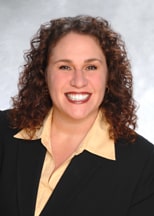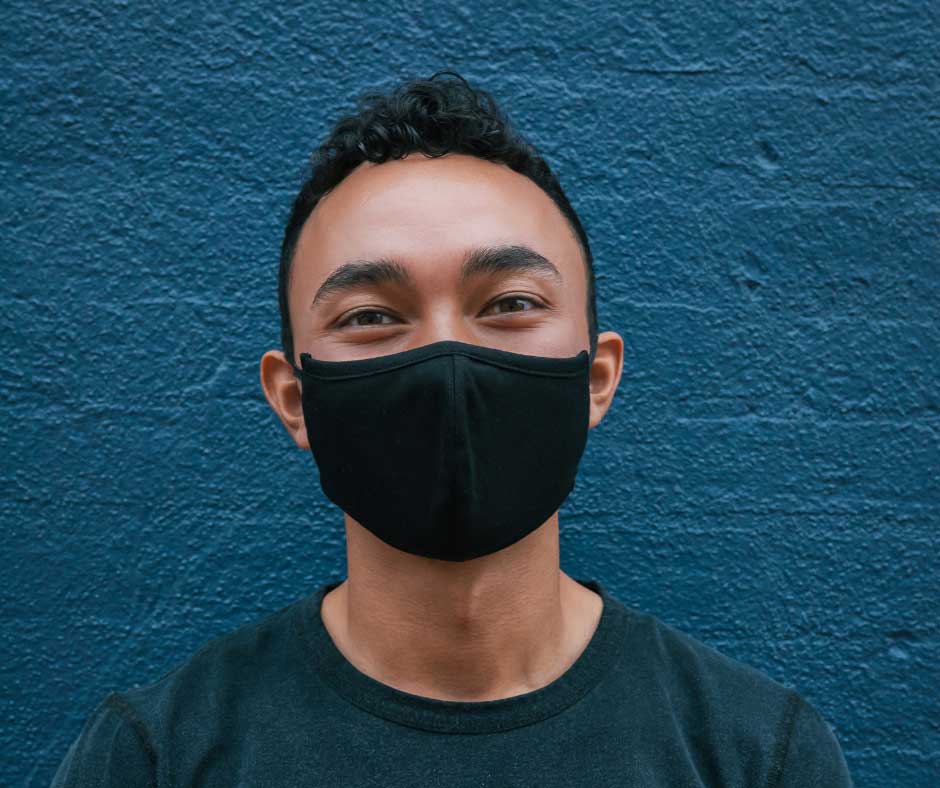By Jaimee K. Wellerstein, Esq.
On December 13, 2021, the California Department of Public Health (CDPH) issued its revised “Guidance for the Use of Face Covering.” According to the CDPH, this new measure is to mitigate the Omicron variant, which is likely to spread more easily than the original SARS-CoV-2 virus and the Delta variant. The new mask mandate requires all individuals to wear masks “in all indoor public settings, irrespective of vaccine status.” The mandate is effective December 15, 2021 through January 15, 2022, but may be extended.
Does This Guidance Apply To All Workplaces?
According to the CDPH’s FAQ’s, yes, the guidance applies to all workplaces, regardless of whether they serve the public, or are open to the public. Masks may be removed if the workplace consists of a single employee, or may be removed while an employee is alone in a closed office or room.
Do Fully Vaccinated People Also Have To Wear Masks?
Yes, the updated guidance requires all individuals to wear a mask in all indoor public settings where the updated guidance applies, regardless of vaccination status. In certain settings, well-fitted surgical masks or respirators are also recommended.
Does Anyone Need To Continue To Wear Masks Outdoors?
In general, people do not need to wear masks when outdoors. However, per CDC recommendations, in areas of substantial to high transmission, people who are not fully vaccinated are encouraged to wear a mask in crowded outdoor settings or during activities that involve sustained close contact with other people who are not fully vaccinated.
Who Is Exempt From Wearing A Mask?
The following individuals are exempt from wearing masks at all times:
- Persons younger than two years old. Very young children must not wear a mask because of the risk of suffocation.
- Persons with a medical condition, mental health condition, or disability that prevents wearing a mask. This includes persons with a medical condition for whom wearing a mask could obstruct breathing or who are unconscious, incapacitated, or otherwise unable to remove a mask without assistance.
- Persons who are hearing impaired, or communicating with a person who is hearing impaired, where the ability to see the mouth is essential for communication.
- Persons for whom wearing a mask would create a risk to the person related to their work, as determined by local, state, or federal regulators or workplace safety guidelines.
Additionally, exceptions apply in the following circumstances in specified settings:
- Masks may be removed while actively eating or drinking.
- Persons who are working alone in a closed office or room.
- Persons who are actively performing at indoor live or recorded settings or events such as music, acting, or singing.
- Persons who are obtaining a medical or cosmetic service involving the nose or face for which temporary removal of the face covering is necessary to perform the services.
- Workers who wear respiratory protection, per CalOSHA requirements.
- Persons who are specifically exempted from wearing masks by other CDPH guidance.
How Does A Business Verify If Someone Meets A Masking Exemption?
Businesses may deem a customer, guest or attendee to have self-attested that they have met an approved masking exemption, if the business has prominently displayed signage prior to entry explaining the masking requirements for all individuals to wear a mask and the individual enters the business premises without wearing a mask.
No person can be prevented from wearing a mask as a condition of participation in an activity or entry into a business.
How Would A Business Provide Information To Their Customers About Mask Requirements?
A business may post a sign or placard at the entrance to their business notifying customers of the mask requirements. Additionally, businesses may post such information on their website or at point of ticket sale prior to entry or notify their members of masking requirements.
Businesses are urged to ensure their COVID-19 signage and policies are up-to-date and in place. If you have any questions about how the Mandate may impact your obligations, or need assistance with COVID-19 in the workplace or any other business or employment needs, please feel free to contact Bradley, Gmelich + Wellerstein LLP. We are here to help.

Jaimee K. Wellerstein, Esq. is a Partner at Bradley & Gmelich LLP, and the Head of the firm’s Employment Department. Jaimee concentrates her practice in representing employers in all aspects of employment law, including defense of wage and hour class actions, PAGA claims, discrimination, retaliation, harassment, wrongful discharge, misclassification, and other employment related lawsuits. She also provides employment counseling and training in all of these areas.
Jaimee routinely represents employers in federal and state courts and in arbitration proceedings throughout the state, as well as at administrative proceedings before the Equal Employment Opportunity Commission, the California Department of Labor Standards Enforcement, the United States Department of Labor, and other federal and state agencies.
Jaimee assists as a Legal Advisor to CALSAGA, and is a member of ASIS International. She is rated AV-Preeminent by Martindale-Hubbell, the highest peer rating available. jwellerstein@bglawyers.com

